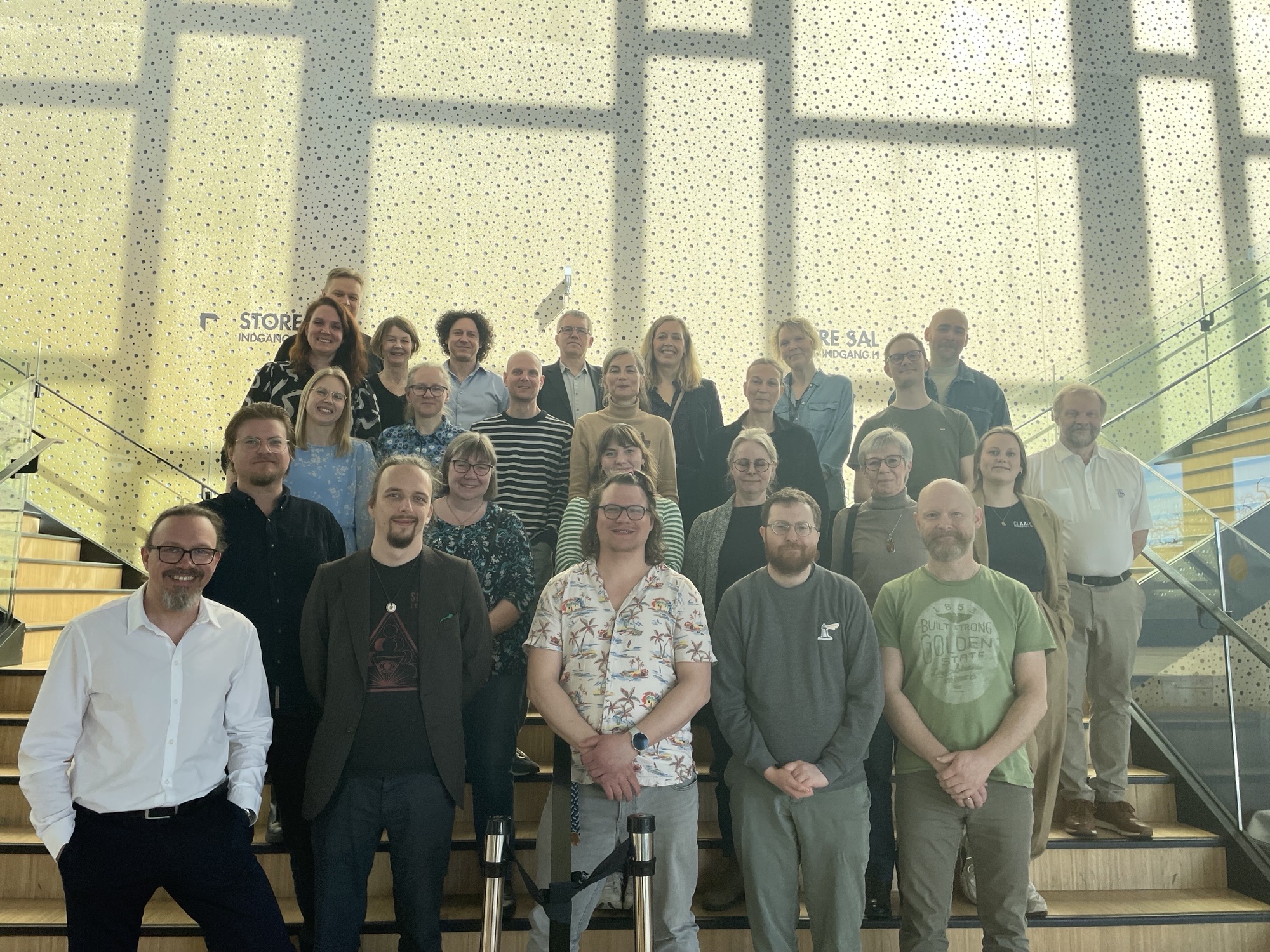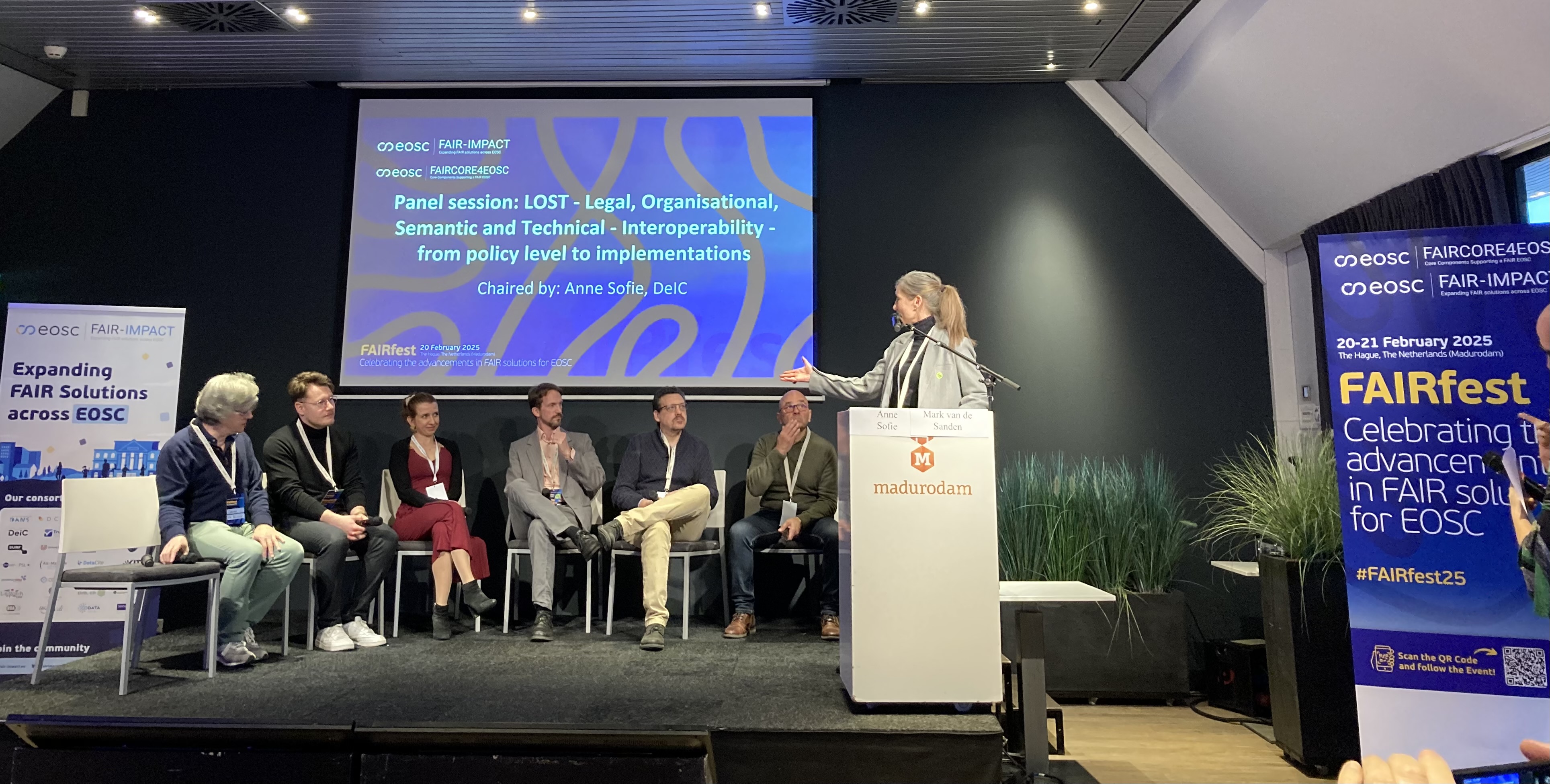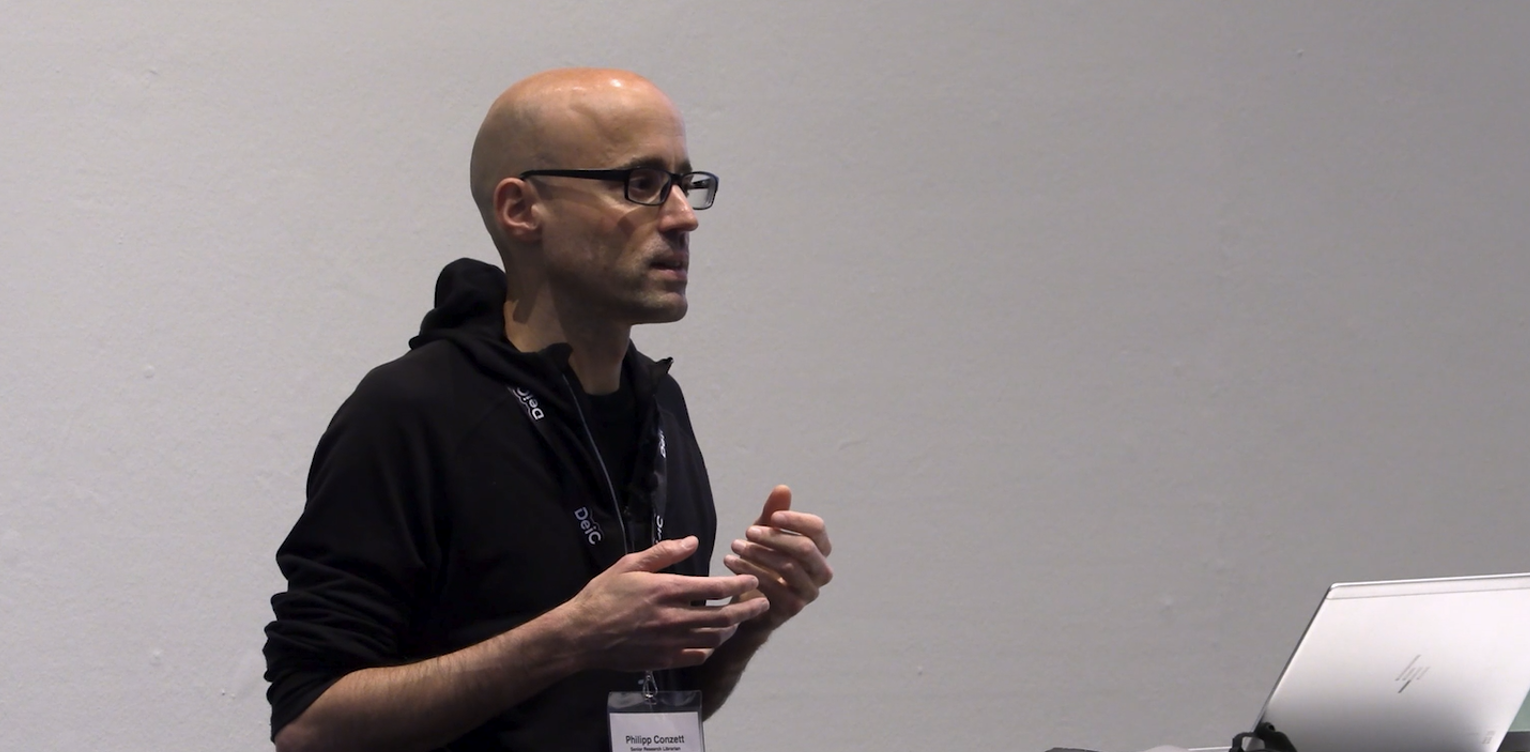DeiC Dataverse facilitates publication of research data according to the FAIR principles. A publication typically consists of a structured metadata description and one or multiple files as one dataset. Datasets remain available for at least 10 years after publication.
Findable:
- DeiC Dataverse allows users to create extensive metadata records for their datasets for increased findability, including title, abstract, keywords, funding information, links to related publications and material, ORCiD, and many more.
- Each dataset automatically receives a DOI (“Digital Object Identifier”) as unique and persistent identifier. The DOI serves as unambiguous and permanent link to the metadata record of the dataset on the web portal (also called “landing page”) and enables easy referencing, citing and sharing.
- Upon publication of a dataset, DeiC Dataverse automatically registers basic metadata with DataCite, along with the DOI. DataCite is the leading global registry for research data. Other search engines and registries harvest these metadata from DataCite.
- Additionally, Google harvests metadata directly from DeiC Dataverse.
- The full metadata are browsable and searchable on the DeiC Dataverse web portal and through the API.
- DeiC Dataverse allows users to embed their own published datasets in personal homepages through ‘widgets’.
Accessible:
- All metadata records in DeiC Dataverse are openly available through the web portal and the API and are fully accessible to both humans and machines (in various standard formats).
- By default, files in published datasets are openly available for direct download from the web portal via https or through the API.
- DeiC Dataverse allows users to apply embargo periods on files in their datasets, meaning that access to these files is restricted until the given date.
- DeiC Dataverse offers stringent access management to restricted and closed files in published dataset for authenticated and authorized users. The specific terms and conditions for access are part of the metadata record.
- Private links allow external access to datasets prior to publication (e.g. for peer review).
Interoperable:
- DeiC Dataverse provides very extensive and detailed metadata schemes for the description of research data, including various commonly used discipline-specific standards.
- The metadata schemes are compatible with common standards, such as the Dublin Core Schema and JSON for Linked Data.
- Metadata records are retrievable in machine-readable formats like json, xml and html.
- DeiC Dataverse supports folder structures for datasets with multiple files, and file metadata.
Reusable:
- Metadata schemes include a variety of fields for documentation and provenance.
- For all datasets, metadata records contain information on the terms and conditions for reuse.
- DeiC Dataverse supports a variety of standard machine-readable reuse licenses for datasets.
- For each dataset, the landing page includes a citation text to copy as reference and to export in EndNote XML, RIS and BiTeX format.
- Each file in a published dataset has a unique file DOI for granular referencing.
- DeiC Dataverse provides download and citations metrics for all published datasets.
- DeiC Dataverse supports dataset versioning and keeps a detailed version history in the metadata record of published datasets.



